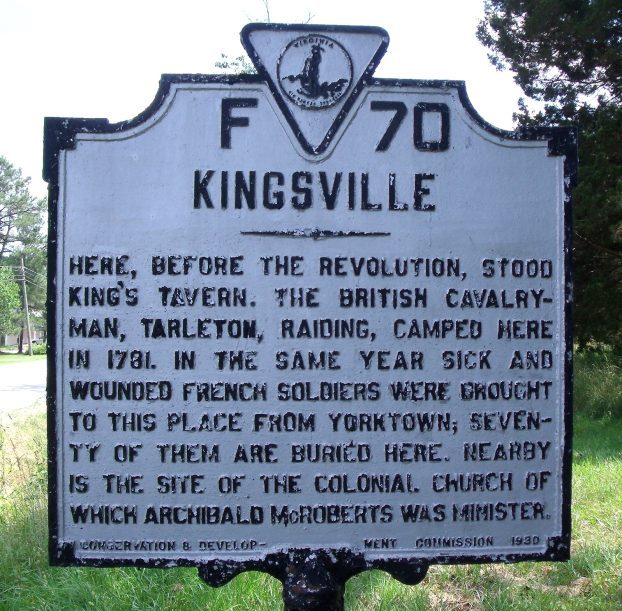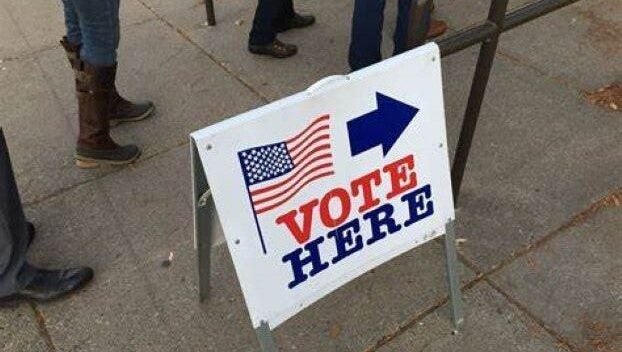Google donates Chromebooks
Published 12:49 pm Tuesday, December 27, 2016
Google has fulfilled a Prince Edward County Middle School (PECMS) teacher’s request for computers for her students.
The company wished Jonelle Davis a happy holiday by completing a $5,000 request for 25 Chromebooks and a storage cart for the sixth-grade teacher’s classroom. The teacher learned of the donation on Dec. 20 and will receive the computers once school comes back into session.
Trending
“Because we’re on break, they won’t order them till we go back to school, so they don’t get delivered to an empty school,” Davis said.
She said she asked for donations via the site “Donors Choose.” Teachers can use the website to “go and put projects up for things you would like for the classroom and people can make tax-deductible donations,” Davis said.
Though Davis had used the site previously, she was very excited to learn she had been chosen as a recipient of the donation by Google.org, the internet company’s charitable arm.
“Apparently, they looked at schools that are listed as being in the highest poverty,” Davis said, noting that the website determines what category a school belongs in. “They funded all Chromebook projects for schools with highest poverty.”
On Davis’ Donors Choose page for the project, Google.org said, “Happy holiday seasons from Google.org! Googlers believe that children everywhere should have the technology they need to be successful and are honored to fund and help bring this Chromebook project to life.”
Davis replied to Google on the page, saying, “I can’t begin to imagine all of the positive impact this will have for them, but I know it will be invaluable to regularly use the technology they will have to access for high stakes testing.”
Trending
Davis was “overwhelmed with gratitude and at a loss for adequate words.”
She said her students need more time on the laptops to prepare for Standards of Learning (SOL) testing, which is administered on computers.
“The reason why I put this whole pitch together was so students would have more of a chance to interact via screen time on a computer with a keyboard and just to get used to that medium,” Davis said. “We can access lots of the literature that we use digitally. And (if) the students read on screen, the better they’ll be when they get into an SOL.”
Chromebooks, which function like laptops, relying on the internet and cloud space to function, provide students with the ability to watch videos, read and fulfill assessments digitally, she said.
Davis said the students do have computers at school, but they don’t have enough for every student to use them all the time.
Having a class set of 25 will guarantee every student in the class gets to use a computer, she said, noting she typically doesn’t have more than 20 students in her class.
Up to now, Davis’ students have shared just four computers in her classroom.
Though the set of computers is only for Davis’ class, she is willing to share the laptops with other classes if her students aren’t using them.
“As with anything, the more practice you have, the less intimidating a piece of technology seems,” Davis said on the project’s webpage.





